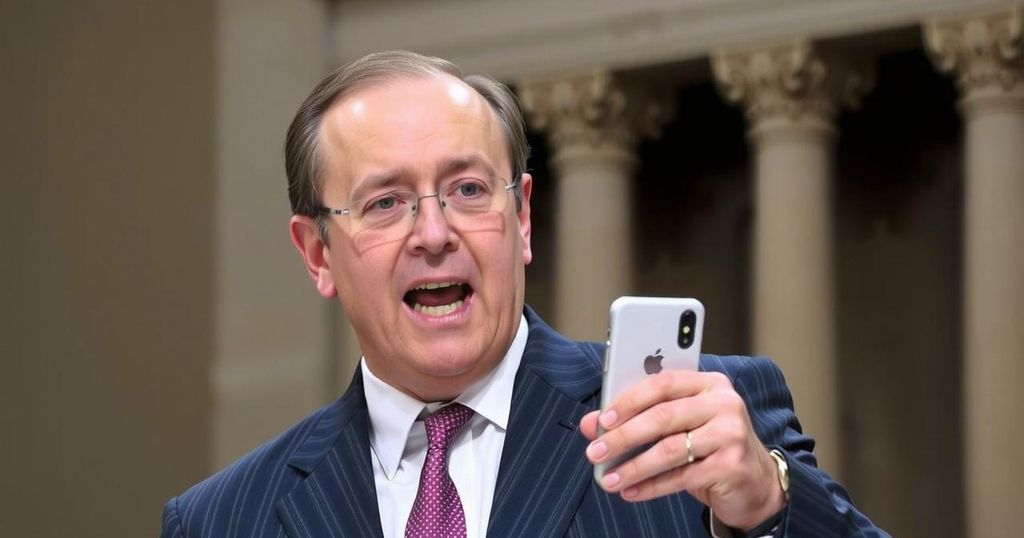Romania’s Constitutional Court Annulls Presidential Election Amid Russian Interference Allegations

Romania’s Constitutional Court annulled the presidential election due to allegations of Russian interference, canceling the second-round run-off. Calin Georgescu, a far-right candidate, was a focal point of the controversy. Following the ruling, Prime Minister Marcel Ciolacu called it essential for maintaining electoral integrity. Concerns persist about the influence of far-right politics within Romania and its potential geopolitical ramifications.
Romania’s Constitutional Court has annulled the recent presidential election due to significant allegations of Russian interference. This decision cancels the second-round run-off that was scheduled for the upcoming weekend. The election was marked by surprises, particularly with Calin Georgescu, a far-right candidate, emerging as a leading figure in the first round of voting held on November 24.
Following the initial voting round, Romanian officials disclosed classified information accusing Georgescu of benefiting from extensive social media campaigns and cyber-attacks orchestrated by Russian interests. The court unanimously ruled to annul the election process, emphasizing its commitment to establishing lawful electoral practices. The government is now tasked with rescheduling the presidential election.
Georgescu, previously a high-ranking civil servant, was set to compete against centrist candidate Elena Lasconi in the run-off. Concerns surrounding the implications of a Georgescu victory were significant; it was feared that such an outcome could facilitate Romania’s alignment with the growing far-right movement within the European Union, consequently jeopardizing the united front against Russian aggression.
Prime Minister Marcel Ciolacu expressed his support for the court’s decision, which he deemed necessary following recent revelations about Russian meddling. Reports indicated a notable manipulation of social media algorithms to unduly promote Georgescu’s candidacy, a claim that was firmly denied by TikTok, despite the Romanian authorities asserting its preferential treatment of Georgescu.
Amid these electoral controversies, experts noted that Romania, viewed as a potential target for Russian hybrid warfare, faced uncertain consequences should it align more closely with Russia. Georgescu’s past praises for President Putin and skepticism towards NATO and EU alignments raised alarm in Washington regarding the regional geopolitical climate. The president’s role in Romanian politics carries considerable influence, particularly in designating future prime ministers, thus amplifying the stakes of the electoral outcome.
Romania’s political landscape has been particularly sensitive to external influences, especially in light of rising tensions with Russia. The country, sharing a border with Ukraine, has seen its strategic significance elevate following Russia’s invasion. Concerns over far-right movements gaining momentum, coupled with fears of election integrity, have heightened scrutiny of potential foreign interference. The annulment of the presidential election reflects Romania’s commitment to maintaining its democratic processes amidst these challenges.
The annulment of Romania’s presidential election underscores the significant concern over foreign interference in domestic politics. As the country prepares for a new election date, the implications of this ruling resonate with wider fears about the rise of far-right influence and the impact such shifts could have on Romania’s alignment in the geopolitical arena. The decision signifies not only the judiciary’s role in upholding electoral integrity but also highlights the delicate balance Romania must maintain in its foreign relations, primarily concerning Russian activities in the region.
Original Source: www.vtcng.com








